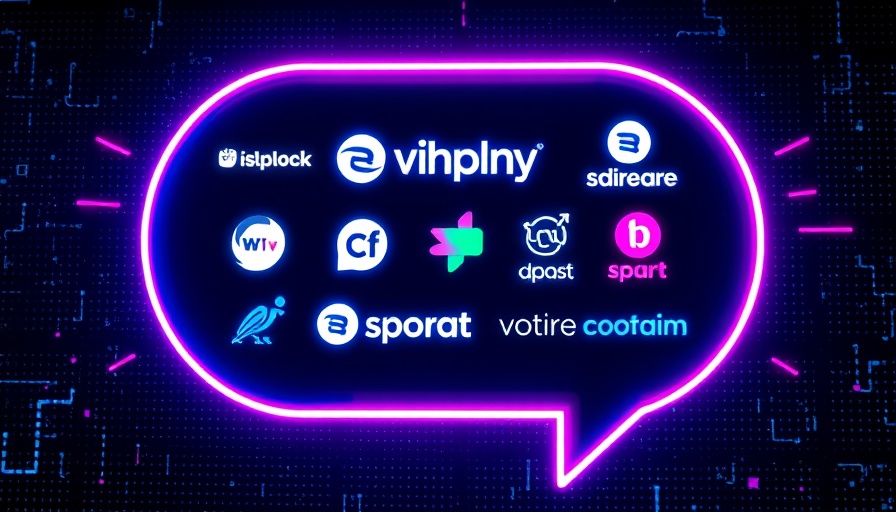
AI Technology: A Game-Changer for Dyslexic Children
In a world increasingly driven by technology, UK science and technology secretary Peter Kyle has advocated for the use of artificial intelligence (AI) to enhance educational opportunities for dyslexic children. Kyle, who is himself dyslexic, believes that AI could serve as a significant educational tool, especially as traditional methods struggle to meet the needs of these students. With an estimated 6 million people in the UK affected by dyslexia, the potential for AI to transform learning experiences requires urgent attention.
Understanding Dyslexia and AI's Role in Education
Dyslexia primarily impacts reading and writing skills, and many children with this condition encounter challenges that hinder their academic success. The traditional education system may not have sufficient resources or specialized training to support these unique learning needs effectively. AI offers a promising alternative by personalizing learning experiences, adapting to individual learning styles and pacing. This creates a more inclusive environment where dyslexic students can thrive.
Community and Expert Voices
Alongside Kyle, renowned figures such as TV chef Jamie Oliver have launched campaigns advocating for improvements in teacher training regarding dyslexia and earlier detection of the condition. Insights from professionals in related fields, such as Kay Carter from the Dyslexia Association, showcase how AI can already be leveling the educational playing field. AI technologies can handle tasks like memorizing facts and rapid recall, allowing educators to concentrate on fostering critical thinking and problem-solving skills.
The Future of AI in Learning
As conversations around the role of AI in education progress, it's crucial to develop a balanced approach. The integration of AI should not compromise the integrity of assessment systems like GCSEs, where a striking contrast in achievement is evident—only 22% of students with dyslexia reached grade 5 or above in English and maths compared to over half of their peers without special educational needs. Kyle's commitment to responsibly integrating AI into educational frameworks suggests a future where technology enhances human capabilities without replacing them.
Concluding Thoughts on AI for Dyslexia
Introducing AI into educational settings could present life-changing opportunities for dyslexic children. By exploring how AI can enhance learning methodologies and support these students more effectively, we are not only addressing an urgent societal issue but also paving the way for more equitable education systems. As we consider AI's growing role in education, it's crucial to engage in discussions that examine its benefits while keeping an eye on potential ethical implications.
 Add Row
Add Row  Add
Add 




Write A Comment